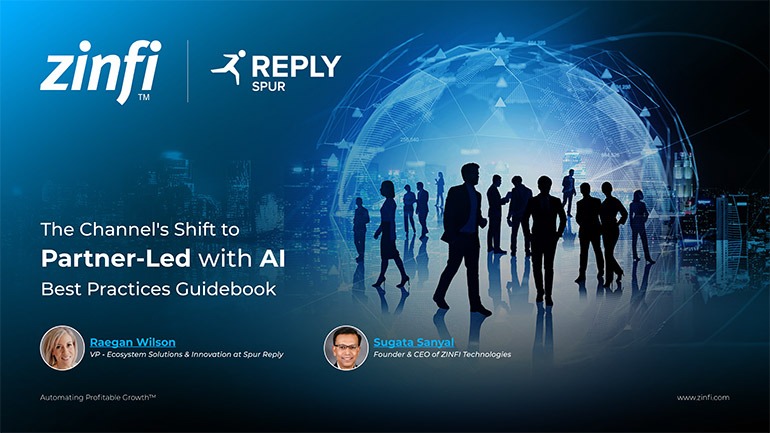Best Practices Articles

PRM Software Driving Ecosystem Growth Through Data, AI, and Integration
In today’s competitive SaaS market, expanding and optimizing a partner ecosystem is essential for sustained business growth. As companies scale, they face increasing complexity in managing partner relationships, delivering value at scale, and tailoring experiences to diverse partner types across regions and verticals. Fortunately, the evolution of Partner Relationship Management (PRM) software—alongside advancements in data intelligence and artificial intelligence (AI)—is enabling businesses to address these challenges more effectively than ever before.
This article explores how organizations can fuel ecosystem expansion by combining the core capabilities of PRM software with the strategic use of data and AI. From personalizing partner experiences to supporting embedded integrations and driving co-innovation, companies can build intelligent, responsive partner ecosystems that scale globally and adapt in real time. Integrating these technologies transforms partner management from an administrative function into a growth engine.
1. Unlocking Ecosystem Potential with PRM Software
The foundation of any scalable ecosystem lies in effective partner operations. PRM software is the backbone of this infrastructure, offering end-to-end visibility and control over the entire partner lifecycle. From onboarding and enablement to incentive management and co-selling, PRM platforms centralize processes, ensuring consistency, accuracy, and accountability at every stage.
Modern PRM systems are no longer limited to tracking partner performance or managing contracts. They have evolved into robust ecosystems, offering workflow automation, resource sharing, data integration, and real-time analytics. This enables businesses to manage partners within a unified environment, including affiliates, resellers, agencies, and technology integrators.
PRM software frees partnership teams to focus on strategy, relationship-building, and long-term growth initiatives by reducing administrative overhead and streamlining partner engagement. The ability to tailor partner journeys, monitor pipeline contributions, and generate insights from a single platform is a powerful enabler of ecosystem agility. PRM platforms are foundational to any organization seeking to scale its partner network effectively.
2. Enhancing Personalization Through Data and Segmentation
Partner ecosystems thrive when each participant feels seen, supported, and empowered. Achieving this level of engagement requires more than generalized communication—it demands a data-driven approach to personalization. PRM software, when integrated with customer and partner data sources, allows organizations to segment partners based on behavior, geography, performance, industry, and engagement history.
This segmentation forms the basis for tailored experiences. For example, the team gives high-performing technology partners early access to beta programs and co-marketing opportunities while they provide new affiliates with automated onboarding and simple enablement paths. The team uses these personalized touchpoints to nurture each partner type based on their needs and value potential.
Data integration also enhances transparency. Real-time performance metrics, campaign attribution, and engagement scores help partnership managers assess the health of individual relationships and intervene proactively. Companies can dynamically adapt partner strategies with this granularity level, scaling successful tactics and sunsetting underperforming efforts with precision.
3. Applying AI to Streamline and Scale Partner Engagement
Artificial intelligence is rapidly transforming the way organizations manage and scale partner ecosystems. By embedding AI capabilities into PRM software, companies can automate complex decision-making processes, surface insights, and deliver hyper-personalized experiences that would be impossible to replicate manually at scale.

AI-powered features such as lead scoring, content recommendations, and predictive partner behavior modeling enable more effective engagement and faster time to value. For example, PRM platforms can use AI to suggest which partners are most likely to succeed in specific verticals or with particular customer segments, enabling more intelligent targeting and strategic enablement.
Additionally, AI can optimize communication workflows by analyzing email response patterns, preferred engagement times, and training progress to personalize outreach. These intelligent automation help maintain momentum across the partner lifecycle and reduce the workload on partnership teams. In this way, AI doesn’t replace the human element—it augments it, allowing teams to do more with less and build more responsive, high-touch relationships at scale.
4. Integrating PRM with Product and Platform Ecosystems
As SaaS companies evolve, their partner ecosystems often expand to include integrations with third-party products and services. This creates a unique opportunity to embed partner value directly into the user experience. PRM software, when integrated with developer platforms, APIs, and product-led growth tools, enables seamless collaboration and co-innovation with technology partners.
For example, a partner that builds a native integration with a core SaaS product can use PRM workflows to manage the lifecycle of that integration—from technical certification and go-to-market planning to joint enablement and revenue sharing. The PRM platform is the coordination layer, ensuring technical and business alignment throughout the partnership lifecycle.
This approach supports the creation of embedded partner solutions and packaged offerings, expanding the company’s value proposition to end users. By integrating PRM tools into product ecosystems, organizations can extend partner value directly to customers while maintaining visibility, governance, and attribution. This is a powerful lever for scaling ecosystem impact without increasing friction.
5. Enabling Global Growth with Scalable Infrastructure
Global expansion introduces new layers of complexity—from regional compliance requirements to language localization and cultural nuances in partner communication. PRM software is critical in managing this complexity by offering multi-language support, region-specific workflows, and flexible user permissions.
Scalable PRM infrastructure enables companies to maintain centralized control while empowering regional teams to adapt processes for local markets. This ensures that global consistency does not come at the expense of local relevance. PRM platforms can enforce governance and compliance standards in regions with strict data privacy laws while supporting effective partner engagement.

In addition, global PRM rollouts benefit from standardized templates, shared resource libraries, and centralized analytics dashboards. These features allow organizations to benchmark performance across geographies, identify emerging opportunities, and deliver a unified partner experience regardless of market. With the proper infrastructure, global partner ecosystems can grow in size and sophistication without becoming unmanageable.
Conclusion
The combination of PRM software, data intelligence, and AI reshapes how companies build, manage, and scale their partner ecosystems. No longer limited to manual coordination or one-size-fits-all engagement, today’s leading organizations are using these technologies to create responsive, high-performing ecosystems that drive measurable business impact.
PRM platforms serve as the foundation, providing structure, consistency, and automation. Data enables segmentation, personalization, and strategic decision-making. AI enhances scale, efficiency, and insight. These capabilities allow organizations to turn partnership management into a scalable growth function.
By embracing integrated, intelligent systems, businesses can meet the demands of a rapidly evolving ecosystem landscape and position themselves for long-term success. Ecosystem growth is no longer a side initiative—it’s a strategic imperative, and with the right tools, it becomes a repeatable, data-driven, and AI-optimized engine for expansion.
Best Practices Guidebook
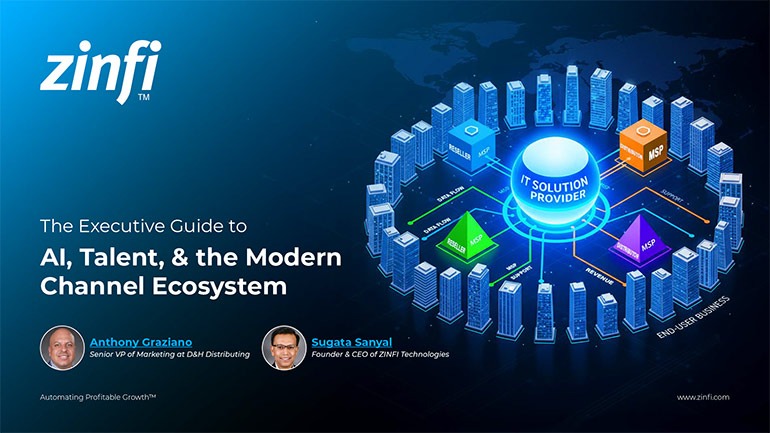 Modernizing Channel Marketing: AI and Ecosystem Enablement Best Practices
Modernizing Channel Marketing: AI and Ecosystem Enablement Best PracticesDownload for FREE
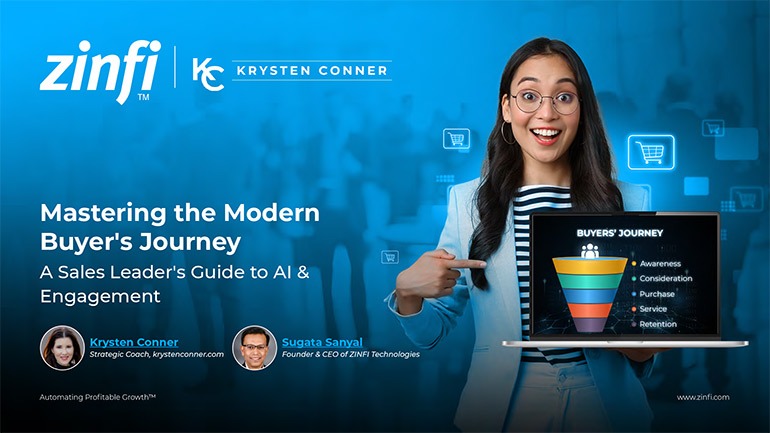 The Channel’s Shift to Partner-Led With AI Best Practices
The Channel’s Shift to Partner-Led With AI Best PracticesDownload for FREE
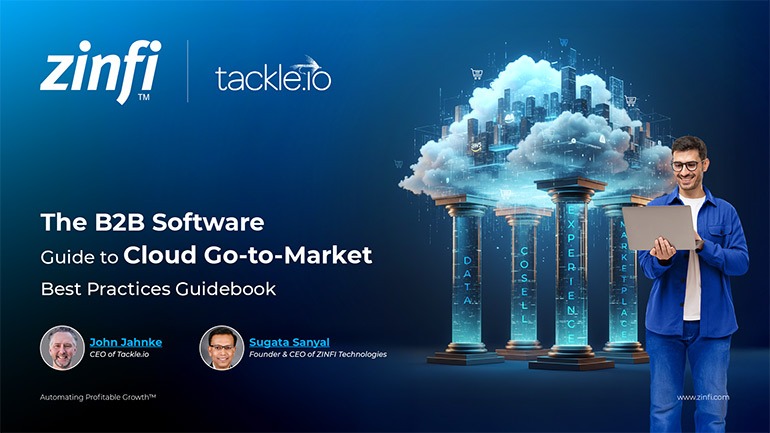 Hyperscalers, ISVs, and AI: Shaping the Future of B2B Software Distribution
Hyperscalers, ISVs, and AI: Shaping the Future of B2B Software DistributionDownload for FREE
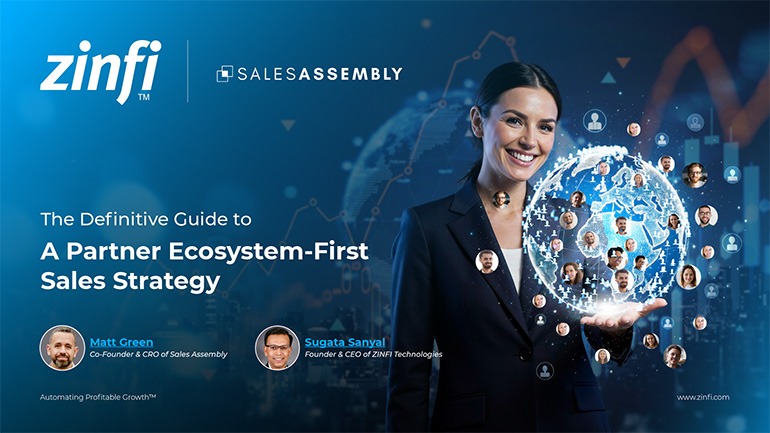 Definitive Guide to a Partner Ecosystem-First Sales Strategy
Definitive Guide to a Partner Ecosystem-First Sales StrategyDownload for FREE
 The Partner-Led Digital and AI Transformation Best Practices
The Partner-Led Digital and AI Transformation Best PracticesDownload for FREE
 Startup Talent Recruitment: Hiring Missionaries, Not Mercenaries
Startup Talent Recruitment: Hiring Missionaries, Not MercenariesDownload for FREE
 The Future of Partner Relationship Management with AI in Partnerships
The Future of Partner Relationship Management with AI in PartnershipsDownload for FREE
 Cybersecurity for the 99%: Strategies from the Frontline
Cybersecurity for the 99%: Strategies from the FrontlineDownload for FREE
 Mastering Partner Relationships: A Strategic Approach to Business Growth
Mastering Partner Relationships: A Strategic Approach to Business GrowthDownload for FREE
 Mastering Partner Relationship Management: Keys to SaaS Channel Success
Mastering Partner Relationship Management: Keys to SaaS Channel SuccessDownload for FREE
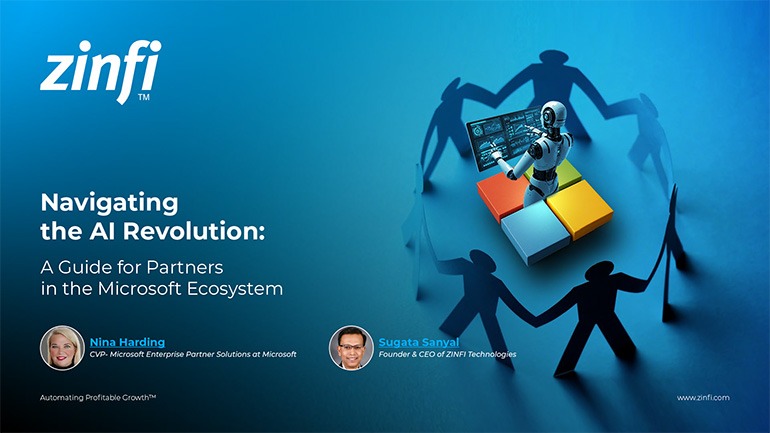 Navigating the AI Revolution: Guide for Partners in the Microsoft Ecosystem
Navigating the AI Revolution: Guide for Partners in the Microsoft EcosystemDownload for FREE
 Mastering the Modern Buyers Journey: Sales Leader’s Guide to AI & Engagement
Mastering the Modern Buyers Journey: Sales Leader’s Guide to AI & EngagementDownload for FREE

